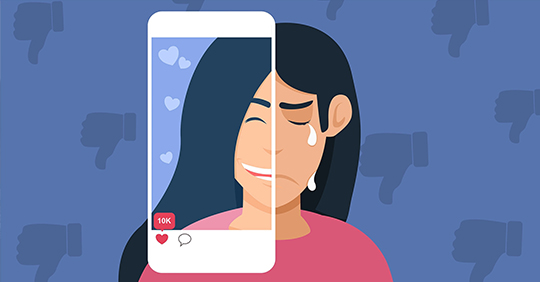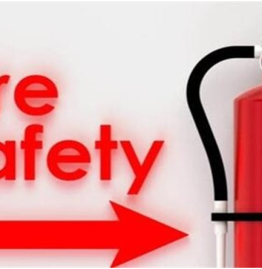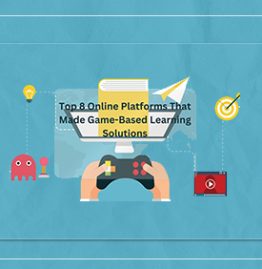The many advantages and possibilities for interpersonal interaction made possible by social media have made it an indispensable component of our everyday lives. However, some social media practices can harm our emotional well-being, interpersonal connections, and general quality of life. This article discusses ten dangerous online behaviors that could lead to our downfall if we don’t exercise caution.
10 Ways that Social Media is destroying you
1. One of the most destructive practices is excessive comparing. Feeling inadequate, low self-esteem, and melancholy can result from constantly comparing oneself to others’ highlight reels. Remembering that people’s social media profiles are carefully crafted to highlight only the finest aspects of their lives can help us avoid unfavorably comparing ourselves to others.

2. Looking for Approval: Using social media as a primary source of Approval might have negative consequences. Seeking external validation through likes, comments, and followers can lead to an unhealthy fixation on these metrics and feelings of emptiness and insecurity.

3. The consequences of engaging in or witnessing cyberbullying or online abuse can be devastating. Many people feel encouraged to participate in a harmful activity on social media platforms due to the anonymity and separation it provides. This can result in serious harm to others and potential consequences for the offender’s reputation and well-being.

4. Reckless scrolling is a time-sucking habit that may ruin otherwise productive days. Constantly checking social media severely affects our physical and mental health since it encourages a sedentary lifestyle.

5. Making up information about ourselves and posting it online is a risky habit. Creating a false image of one’s life not only deceives others but also feeds into a cycle of pretense and isolation. Being honest and open in your online interactions is crucial.
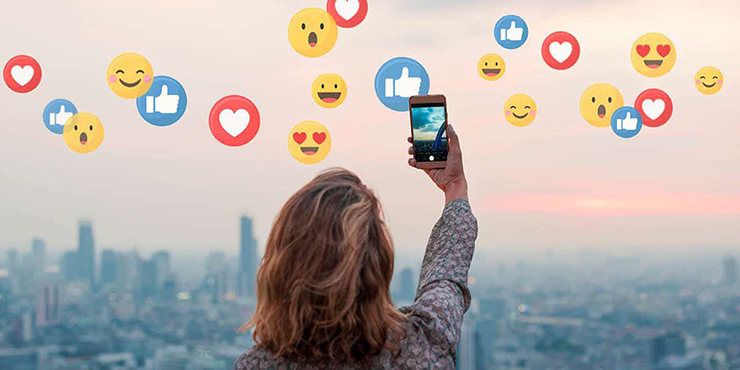
6. Addiction: Using too much time on social media is a serious problem. Addiction manifests in behaviors like compulsively checking messages, experiencing anxiety when separated from our gadgets, and putting virtual relationships before real ones. This practice can reduce our efficiency, mess with our rest, and prevent us from having meaningful conversations with other people in person.
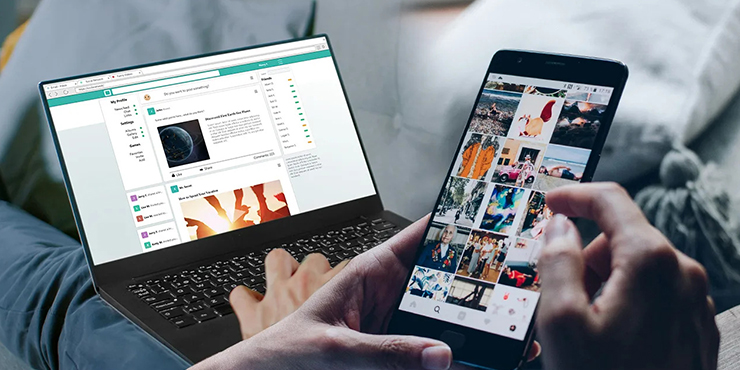
7. Identity theft, stalking, and cyberbullying are risks we expose ourselves to when we disregard privacy settings and reveal too much about ourselves online. Protecting individuals’ privacy and keeping their data secure is essential.

8. The implications of spreading false information without verifying its veracity might be severe. It can lead people astray, help disseminate misleading narratives, and even be harmful if it encourages dangerous ideas or behavior. Before posting anything on social media, make sure it’s accurate.

9. Spending too much time on social media can cause people to ignore their real-world relationships. Constantly interacting with virtual relationships while ignoring face-to-face contact can lead to feelings of loneliness and isolation and impede the formation of genuine relationships.

10. Social media can amplify FOMO (fear of missing out), often known as the dread of missing out. Feelings of anxiety, nervousness, and the fear that we are missing out on meaningful experiences can be exacerbated when we are constantly exposed to the seemingly fascinating lives of others.

In the End…
Although there are many positive aspects to using social media, users must be cautious not to fall into any harmful routines. Negative patterns include excessive comparison, seeking affirmation, cyberbullying, mindless scrolling, misleading representation, addiction, disregarding privacy, spreading disinformation, neglecting real-world contacts, and giving in to fear of missing out (FOMO). By being aware of and taking control of these tendencies, users can improve their relationship with social media, which has good effects on their health and the quality of their online and offline relationships.















